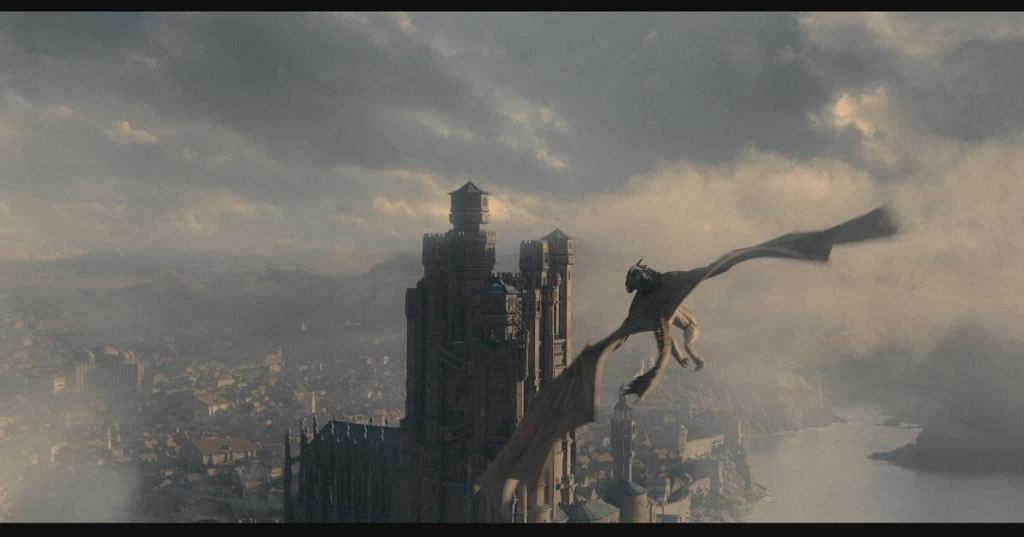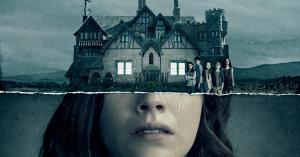House of the Dragon has a lot riding on its shoulders – not only is it responsible for its own renewals, it may play a part in determining the future of a larger entertainment “universe” set in Westeros. Since the breakout success of Game of Thrones, many streamers and studios have been rushing to find a high fantasy hit – and to expand it into a self-sustaining money machine. Many fans are now comparing this boom to the status of comic book adaptations about a decade ago – including author George R.R. Martin himself.
Martin has a well-established love of comic books, particularly marvel comics of the 1960s when he was growing up. In his book Dreamsongs, he reflected that writer Stan Lee was probably just as influential on his Martin’s writing as was William Shakespeare. Now, Martin is poised to follow in Lee’s footsteps as no one else is. With the immense success of House of the Dragon so far, it seems likely that at least some of the other shows set in Westeros will go forward as well. In an interview with The Hollywood Reporter last month, Martin talked excitedly about how he would like a potential Westeros franchise to be similar to the Marvel Cinematic Universe.
Videos by PopCulture.com
“The MCU has The Avengers, but they also have something offbeat like WandaVision,” he said at the time. “That’s what I hope we can do with these other Game of Thrones shows, so we can have a variety that showcases the history of this world. There are only so many times you can do a competition for the Iron Throne.”
The idea of fantasy following the trajectory of superheroes also opens up some exciting possibilities for the genre to evolve as well. House of the Dragon exemplifies one of these possibilities in particular: specificity. Most fantasy novels need to work hard to flesh out every corner of their fictional worlds and spend time in them to make them feel authentic. A Song of Ice and Fire is famous for doing this on an enormous scale – taking us to Braavos, Dorne, Mereen and everywhere in between without taking its eye off the main story which is essentially playing out between King’s Landing and The Wall.
The trick we love to see authors pull off in these books is to convince us that every single place on their fictional map is rich enough to carry its own story, even if ours just happens to be passing through quickly. If Martin weren’t a brilliant author, HBO would be calling him on that bluff right now by ordering House of the Dragon, which focuses on a smaller main cast in what is currently a much smaller setting. Thankfully, Martin’s writing and his collaborators are up the challenge, and the world of Westeros only seems to get richer with each visit.
It’s easy to see how some of Martin’s most famous writing techniques are influenced by serialized superhero comics. He is an expert at expanding a fictional universe by deepening a small portion of it, just as comic book creators can depict a battle for galactic salvation or a murder that rocks a single New York City block. This is another hint that fantasy adaptations are poised to continue growing in scope and popularity in much the same way that superhero franchises have been doing in the last decade and a half. It’s also interesting that Martin, arguably leading the deployment of this trend, just recently remarked that he does not want to end up in the same position as Stan Lee when it’s all said and done.
“Sometimes I sit around trying to figure out who the hell I am in this whole scenario,” he told THR. “Am I George Lucas? Am I Gene Roddenberry? Am I Stan Lee? How do I relate to this IP? Because those are three different stories as to where they wound up.”
The interviewer asked Martin if any of these templates appealed to him, in particular, he responded: “I don’t know. Not Stan Lee at the end. He had no power, no influence. He wasn’t writing any stories. He couldn’t say, ‘Don’t do this character.’ He was just a friendly person they brought to conventions and who did cameos. To be sidelined on the world and characters that you created, that would be tough.”
Of course, comparing a comic book writer and a novelist is imperfect because of the way intellectual property rights have been written and the momentum behind them over the last few decades. However, it’s an interesting measuring stick to keep an eye on as House of the Dragon and The Rings of Power dominate the streaming landscape this month. There’s also The Witcher and its spinoffs, The Wheel of Time, Shadow and Bone and a whole host of other shows on the air right now, not to mention all the incredibly exciting adaptations that are still in the early stages of development.
Martin has mused on this trend in a recent post on his blog, where he refuted reports that he is feeling competitive about House of the Dragon and The Rings of Power. He wrote: “The more fantasy hits we have, the more great fantasy we are likely to get. I want to see Fafhrd and the Grey Mouser on television. I want someone to film that Conan pilot that Ryan Condal wrote. I want a DYING EARTH show based on the works of the Jack Vance, I want Roger Zelazny’s NINE PRINCES IN AMBER to be faithfully adapted, I want Jirel of Joiry, I want MEMORY, SORROW, AND THORN, I want a Joe Abercrombie show. I want lots more… and lots more science fiction too. But we don’t get any of that unless some of the fantasy series now in development prove to be hits.”
What’s certain is that Martin’s legacy as a writer is already as singular and distinct as Lee’s, even if his best work is still ahead of him. The author has reported some major progress on his long-awaited The Winds of Winter recently, and fans are overjoyed. You can find all of Martin’s books in print, digital and audiobook format wherever books are sold. House of the Dragon airs on Sundays at 9 p.m. ET on HBO and HBO Max.





